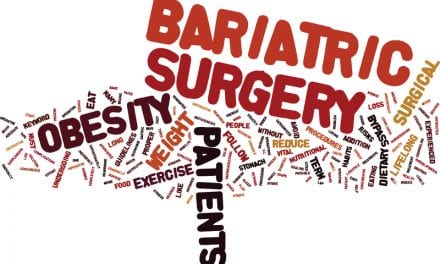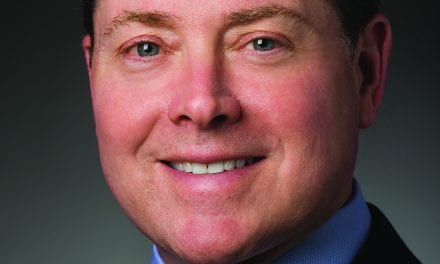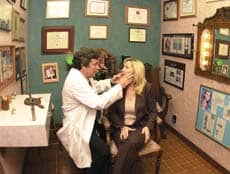No surprise here, but aging is inevitable. Regardless of how many units of Botox you’ve been injected with or how much retinol you slather on each night, remaining forever young is still out of our reach—and unfortunately, scientists have proved it.
“Aging is mathematically inevitable—like, seriously inevitable,” says University of Arizona professor, Joanna Masel, in a statement. “There’s logically, theoretically, mathematically no way out.” While that in itself is bad news, a new study recently found that attempting to reverse signs of aging can actually cause cancer.
Scary right? Well, here’s the thought process behind it: As you age, some cells stop functioning as well as they did when you were younger (which is why collagen in your skin breaks down and hair turns gray). At the same time, other cells rapidly increase their growth rate, causing cancer in some people.
So, when studying how to halt the aging process, scientists speculated that by eliminating those slow-functioning, aging cells altogether (and therefore stopping the aging process), they would be unintentionally giving other cells the perfect environment to swiftly grow and develop into cancer.
“What we show is that this forms a double bind—a Catch-22,” explains Masel. “If you get rid of those poorly functioning, sluggish cells, then that allows cancer cells to proliferate, and if you get rid of, or slow down, those cancer cells, then that allows sluggish cells to accumulate.” Translation? If you fix one problem, you’re stuck with the other. Halting aging can induce cancer, while eliminating cancer cells allows your other cells to slow down and age.
Now, researchers aren’t suggesting that using your favorite anti-aging night cream will cause cells to abnormally multiply. They simply mean that literal anti-aging—as in, altering the cells in your body in order to stop the aging process altogether—could result in the development of cancer.




